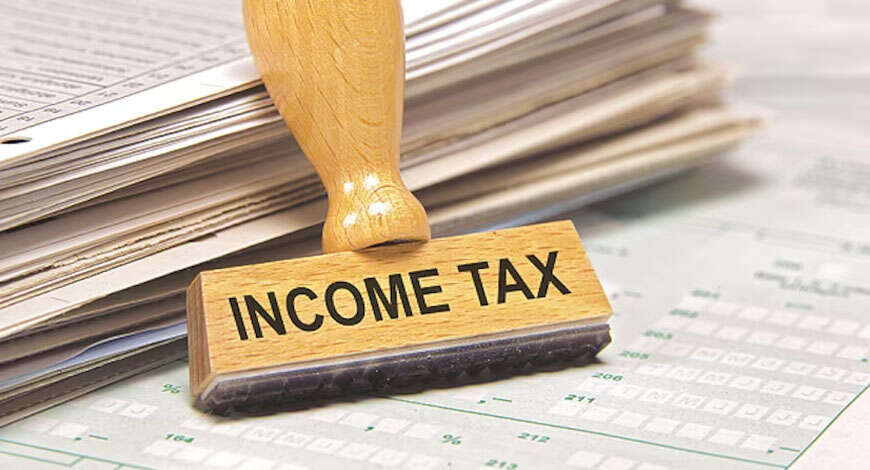A Parliamentary Committee has suggested a change in the Income Tax Bill 2025, saying that even if the last date of taxpayers miss the ITR, they can still claim TDS refund without any fine. This new bill will replace the current Income Tax Act, 1961 and is designed to simplify it. If this suggestion is accepted, millions of small taxpayers can get relief. The committee headed by BJP MP Baijayant Panda suggested several significant changes in the draft bill in the 4,575 pages report presented in the Lok Sabha. The purpose of these changes is to simplify the rules, remove ambiguities and protect honest taxpayers, especially senior citizens, pensioners, temporary employees and non-profit organizations (NPOs).
According to the current draft bill, people whose total income is less than the original exemption limit, but has been deducted on TDS, it is mandatory to file income tax returns (ITR) to get refunds. If they do not file returns within the stipulated time, they can be fined and in some cases a case can also be filed against them. The committee admitted that this rule is very strict for those who do not have taxable income, but TDS is automatically cut by banks, employers or institutions. In such a situation, the obligation to file returns for refund only puts unnecessary burden on small taxpayers. To reduce this burden, the committee has suggested that if there is no intention of tax evasion, the refund can be claimed even after the due date. Also, the penalty should also be discretionary for not keeping accounts, not mandatory, so that honest taxpayers are not punished for paper mistakes.
Changes in tax year and definitions
The committee has suggested a major structural reform and recommended to keep only one tax year, including words like last year and assessment year. This will make it easier to understand the tax code and reduce the illusion of the people. In addition, it is also suggested to update many old definitions such as capital property and infrastructure capital company. The actual payment rule has also been asked to strengthen so that commercial cuts are only available for expenses that are actually repaid, not only for expenses shown on paper. This will increase transparency and curb irregularities.
Religious donation and NPO exemption
The report also talked about taxing anonymity donation. Currently, in the draft bill, anonymous donations given to pure religious trusts are donated, but both religious and social work (such as running school or hospital) are being taxed. The committee has warned that it will have a bad effect on the NPO and recommended to continue the existing exemption. It has also requested to further clarify the definitions so that the old religious and charitable trusts do not be deprived of exemption due to vague language.
Gaar for foreign residents
The committee has recommended the improvement in the language of the general tax-anti-rival rule (GAAR) so that it is not misused against the actual corporate reorganization. For this, it is suggested to add a line to the rule according to the circumstances of the case so that real deals are not considered tax evasion. To simplify the border tax, the committee has also recommended restoring zero restrictions for non-residents. This will prevent unnecessary delay in tax return in cases where no tax is payable.
Simple tax system purpose
The committee has given a total of 566 recommendations, whose purpose is to simplify the rules, reduce disputes and simplify the law. Many of these suggestions have been prepared by taking feedback from taxpayers and experts. If these recommendations are accepted, then the burden of compliance with people and institutions will be reduced considerably and India’s tax system will become more reliable. Now the eyes of taxpayers and tax experts will be on what steps the government takes on these suggestions and what will be the final Income Tax Bill 2025.










